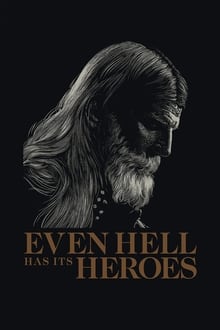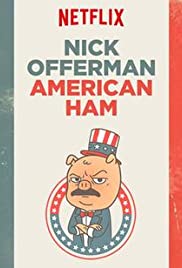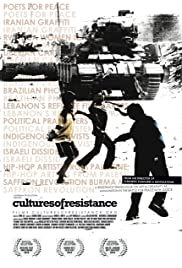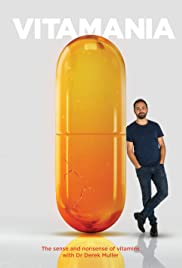
Seattle’s swampy rivers and wild forests set an atmospheric scene for the tale of Earth – the slowest metal band on earth – which created the drone metal genre, was an inspiration to the grunge rock scene and had an unfortunate hand in Kurt Cobain’s death.
You May Also Like

The story of Eero Ettala, a professional snowboarder from Finland. The documentary tells about his career and includes his friends’ and colleagues’ comments.

Martin Scorsese’s documentary intertwines footage from “The Band’s” incredible farewell tour with probing backstage interviews and featured performances by Eric Clapton, Bob Dylan, Joni Mitchell, Van Morrison, and other rock legends.

This live taping of Nick Offerman’s hilarious one-man show at New York’s historic Town Hall theater features a collection of anecdotes, songs, and woodworking/oral sex techniques.

Highlights Rajamouli’s influence on Indian and international cinema, with interviews and behind-the-scenes footage.

Moto 3: The Movie is the next chapter in the most progressive motocross/off-road film series of all time. The Assignment Moving Picture Co. spared no expense during the film’s production, and worked with only the biggest and baddest riders on the planet to capture what critics are calling “next level moto cinematography”. Like in the first two Moto The Movie features, The Assignment traveled the globe to search for the source of what pushes our beloveed sport into the future, and the result is a film that will leave you aching to ride!

What do the United States and Papua New Guinea have in common? They are the only countries in the world without paid family leave. American families are often forced to choose between tending to a spouse or parent with an unexpected medical emergency, or keeping their job and health insurance.

Heroes brings to life the harrowing exploits of a Canadian platoon who fought to hold their vulnerable outpost in the face of repeated attacks during the Korean War.

From the mighty Amazon’s icy source to its plume reaching as far as the Caribbean, National Geographic Explorer teams conduct groundbreaking research to take the pulse of one of the planet’s integral and endlessly magical resources. From the health of river turtles and pink dolphins to the migration of Andean bears, extreme urgency is met by equally hopeful solutions.

Our body is the vessel with which we experience the physical world, and it houses our deepest instinctive parts. It’s where we feel pleasure and love, judge and destroy, bleed and smile, Since David and Venus, we’ve put the human body on the highest pedestal, shaping and perpetuating an unattainable beauty standard. Through this distorted lens of beauty, our natural form has been sexualized, demonized, and sometimes shamed into a taboo. Why is the naked body offensive? Does it hold a political charge? Are we not more than meets the eye?

In 2003, on the eve of the Iraq war, acclaimed director Iara Lee embarked on a journey to better understand a world increasingly embroiled in conflict and, as she saw it, heading for self-destruction. After several years, traveling over five continents, Iara encountered growing numbers of people who committed their lives to promoting change through the arts. This is their story. From IRAN, where graffiti and rap have become tools in fighting government repression, to BURMA, where monks acting in the tradition of Gandhi take on a dictatorship, to PALESTINIAN refugee camps in LEBANON, where photography, music, and film have given a voice to those rarely heard, CULTURES OF RESISTANCE explores how art and creativity can be ammunition in the battle for peace and justice.

Dr Derek Muller takes us on an epic adventure, a world-spanning investigation of vitamin science and history, asking how do we decide whether to take vitamin supplements, or not?

In Keskincik, a village situated near the Syrian border of Turkey, a young man, Mahmut wishes to divorce his newly-wed wife. Guilt-ridden, he doesn’t know how to end the marriage. Recently, Mahmut’s sister Zeynep has ended her engagement as well. Resolute to quit the village, Zeynep enrols in an open high school and finds a job in a factory. Against her father’s wishes, Zeynep hopes to leave the village and study at a university. Mahmut and Zeynep become the centre of a genuine conflict in their family and community. As resentments and dilemmas come to light, the film aims to magnify this upcoming generation as they try to escape child marriages and create a new way of life for themselves.